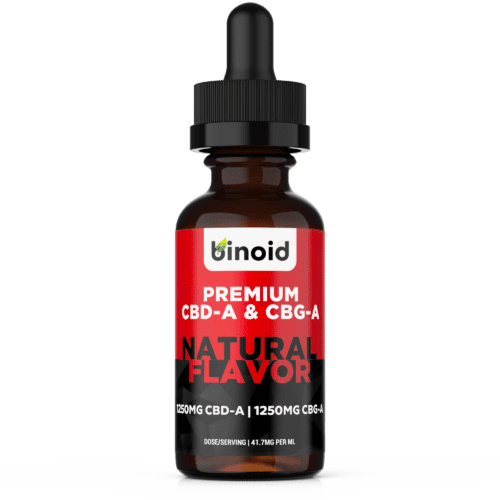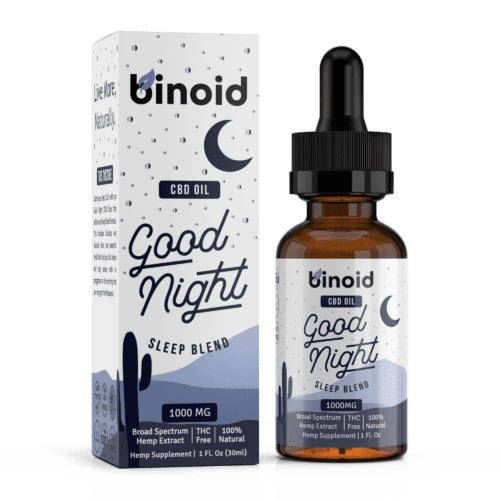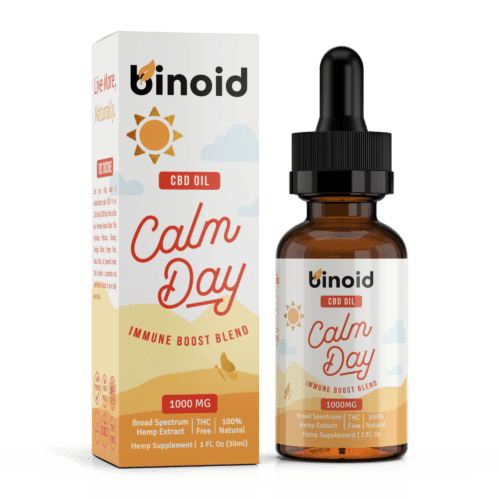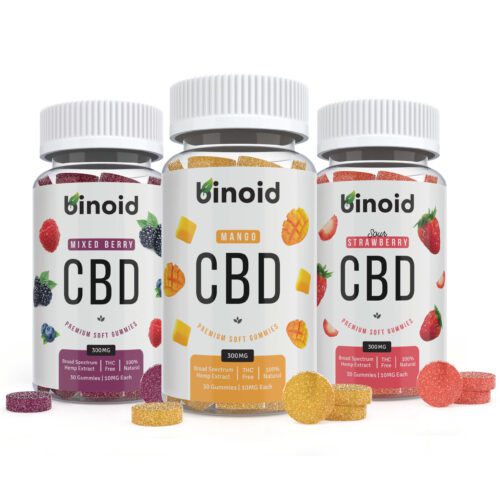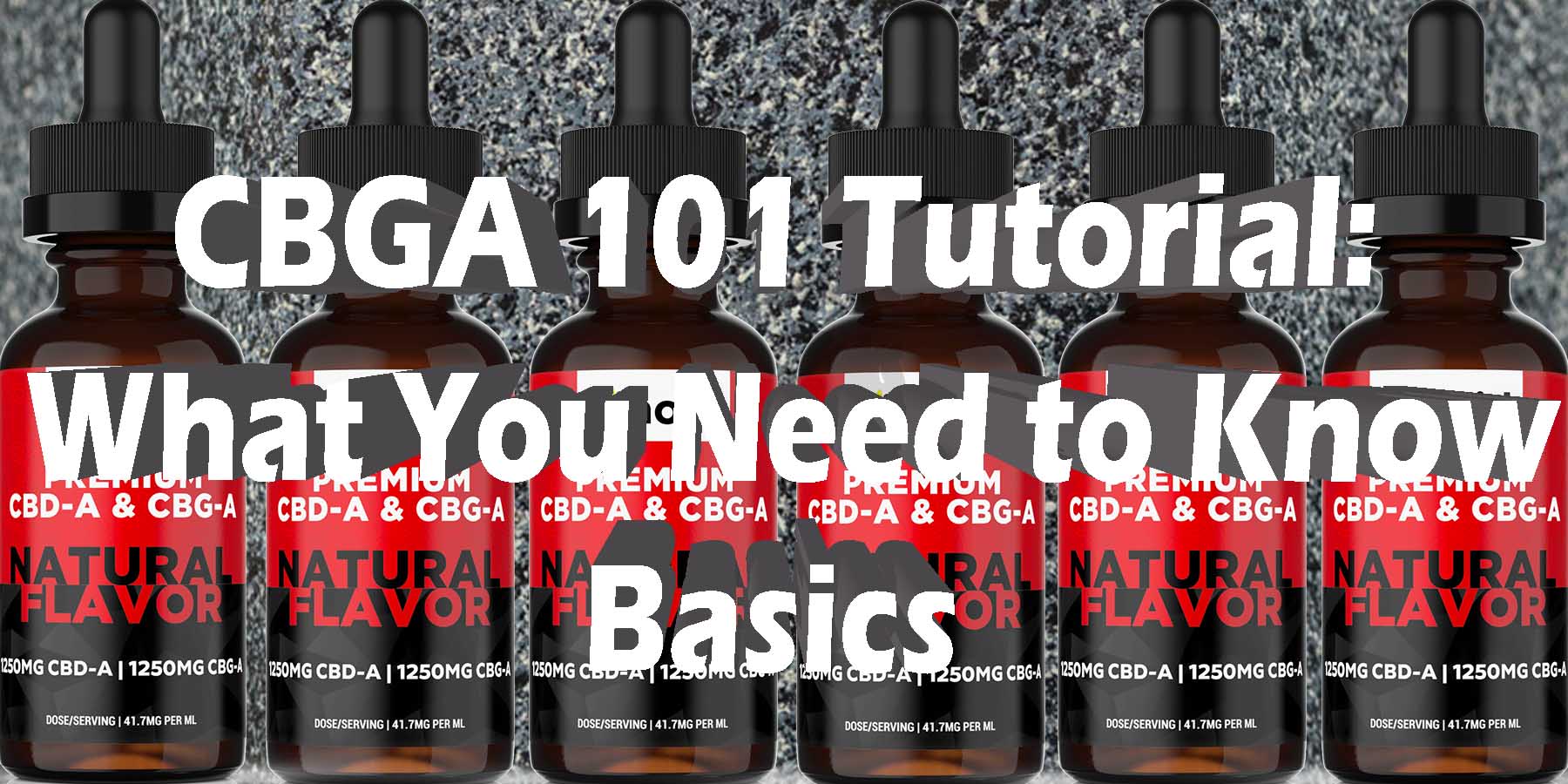
CBGA Cannabinoid: What You Need to Know
Cannabigerolic Acid (CBGA) is a cannabinoid that really hasn’t been on the hemp community’s radar, until recently that is. Still, if you’ve ever handled raw CBG flower buds in your hand, then you’ve handled this cannabinoid without even knowing it. CBGA is the raw form of cannabigerol (CBG), pre-decarboxylated and completely one-of-a-kind, with valuable properties that are independent from its decarboxylated form. Now that researchers are paying more attention to it, we’re starting to understand that we’ve been greatly underestimating its value for decades.
So, what makes CBGA so unique, and what kinds of properties can it offer us? Since a majority of people out there know little to nothing about this hemp derivative, it’s important to provide this awesome overview. That way, you can then decide whether or not this is a cannabinoid that you’d like to incorporate into your hemp routine.
TO BUY CBGA PRODUCTS CLICK HERE
What Exactly is CBGA?
Cannabigerolic Acid is simply the raw, acidic precursor to cannabigerol. Most of us have only consumed cannabinoids that have been decarboxylated (heat that has been applied to them), which activates specific properties we’ve come to associate with the hemp plant. For example, delta 8 THC is not psychoactive unless it has undergone a decarboxylation process. Beforehand, it’s a completely distinctive cannabinoid that has entirely unique properties.
Cannabigerolic Acid therefore acts differently from CBG when it’s in the body. What makes CBGA unique is that it’s also the precursor to Cannabidiolic Acid (CBDA), which is converted into cannabidiol (CBD), and tetrahydrocannabinolic acid (THCA), which is converted into tetrahydrocannabinol (THC). Known as the “mother cannabinoid”, CBGA exists in the plant prior to full maturation, as once the plant is fully mature, CBGA has become CBD and THC.
Is CBGA Going to Get Me High?
One thing that we need to point out is that Cannabigerolic Acid is not an intoxicating cannabinoid. There has been a lot of emphasis on psychoactive hemp derivatives lately, such as delta 8 THC, delta 10 THC, THC-O, and THC-P. These cannabinoids are definitely worth trying, no doubt. But, CBGA has no intoxicating properties, primarily for two specific reasons:
- CBG is not intoxicating
- No cannabinoid is psychoactive before it has been decarboxylated, which’s why raw hemp flower cannot get you high unless you ‘heat’ it, usually through smoking.
-
Product on sale
 Binoid Good Night CBD Oil – Sleep Blend$28.99
Binoid Good Night CBD Oil – Sleep Blend$28.99$64.99
What are the Properties of CBGA?
Studies have been conducted on the properties of Cannabigerolic Acid, and more recently than ever before. But, we just need to mention that there has not been nearly as much research on this cannabinoid as there has been on CBD and other more prominent cannabinoids in the hemp plant. Only recently have we really taken an interest in the raw forms of cannabinoids, so as time goes on, we expect to see a lot more studies than before.
Fortunately, enough research has been done on Cannabigerolic Acid’s effects for us to already have a lot of ideas about what it’s capable of.
- Properties Related to Epilepsy: Studies show that CBGA, like many cannabinoids, offers neuroprotective properties that can regulate functions related to the neurological system and strengthen neurons and neural pathways. Neuroprotectants have been given a lot of attention for the roles that they may play in managing symptoms of epilepsy, and potentially dementia as well. CBGA seems to offer particularly potent effects against seizure activity when it comes both seizure frequency and severity.
- Cardiovascular Properties: Research shows that CBGA may lower oxidative stress, which can lead to major cardiovascular symptoms due to an excess of free radicals and a deficiency in antioxidants that manage free radicals in the body. Oxidative stress has been linked to heart disease, one of the biggest killers in the United States.
- Metabolism Regulation: Studies are showing that has a regulatory effect on metabolism and various metabolic processes. It seems to balance energy homeostasis and promote a sense of equilibrium to the metabolism in a way that could be useful against certain metabolic disorders. The research on this topic is in its very early stages and while researchers have found positive effects, more studies are needed to determine the specific applications of CBGA in this area.
- Properties Relating to SARS-CoV-2: In January of 2022, a study was released in which patients infected with SARS-CoV-2 were administered a combination of CBGA and CBDA (cannabidiolic acid). The researchers found that this combination of cannabinoids managed to attach itself to the virus’ spike protein, thus changing its physical structure and therefore preventing its absorption into the cells of the lung tissue and other organs. How efficiently the virus absorbs into the cells of the body determines its virulence on a patient-by-patient basis, and therefore this study shows a lot of promise.
-
Product on sale
 Binoid Calm Day CBD Oil – Immune Boost$28.99
Binoid Calm Day CBD Oil – Immune Boost$28.99$64.99
Is CBGA Legal?
Cannabigerolic Acid is a legal cannabinoid because it’s protected under federal law (2018 Farm Bill) and is legal in all 50 states. There are no restrictions pertaining to product type, milligram strength, possession amount, or purchase amount.
What Kinds of Products Contain CBGA?
The majority of products on the hemp market do not contain Cannabigerolic Acid. Basically, CBGA in a product implies that it hasn’t been decarboxylated, and virtually all extract-based products have been decarboxylated.
However, you’re going to start finding more CBGA-based products emerging on the market in the near future, especially at Binoid, as this cannabinoid is starting to get its fair share of attention among hemp enthusiasts. Producing Cannabigerolic Acid requires a special extraction process that does not heat the cannabinoid in a way that would convert it into cannabigerol. Expect to see CBG oils, gummies, and other common product types in the coming months, made with a CBGA distillate. We also expect to see products that combine CBDA with CBGA, due to various studies showing how these cannabinoids work well together through synergy.
Can I Take CBGA with Other Cannabinoids?
Cannabigerolic Acid can be taken with other cannabinoids. We know that cannabinoids are nontoxic, and we also know that they work well with one another as they come from the same plant material – in other words, there is no negative interaction. Because cannabinoids work synergistically with one another, taking CBGA with another cannabinoid type can offer more enhanced or bioavailable effects.
CBGA: So Much More Than CBG’s Raw Form
Don’t you think it’s about time that we start paying attention to Cannabigerolic Acid and other precursor cannabinoids? Particularly, now that we’re more aware of their offer effects, which of course, are completely distinctive. CBGA in particular has a lot of promise, with research showing all kinds of properties that can be game-changing. At Binoid, we’re going to begin incorporating CBGA products into our catalog, adhering to our signature quality standards to provide you with only lab-tested, pure CBGA distillate, and plant-derived ingredients for the absolute best raw cannabinoid experience possible.
SEO Description: Did you know that CBGA could potentially be a gamechanger for your daily hemp routine in a number of unique ways.
TO BUY CBGA PRODUCTS CLICK HERE
-
Product on sale
 Binoid CBD Gummies – Bundle$63.99
Binoid CBD Gummies – Bundle$63.99$119.97

